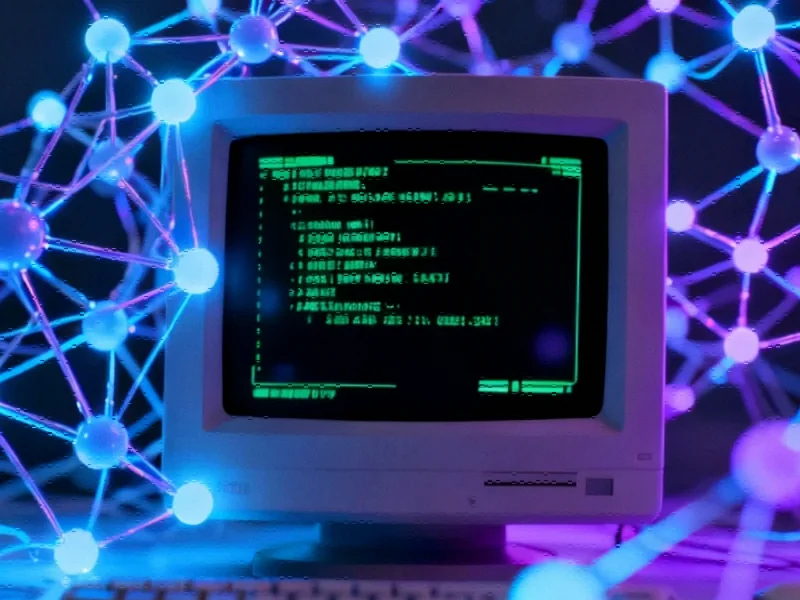According to SamMobile, Samsung has partnered with Mark Cuban to provide AI training for US students and teachers through its Solve for Tomorrow initiative. The company has already delivered over $29 million in technology and classroom resources to grade 6-12 schools across the country. Their research reveals that 53% of teachers have no formal AI training, jumping to 64% in under-resourced schools. Cuban will host immersive AI bootcamps and provide mentorship to help demystify the technology for both students and educators. Applications for this year’s competition are open until November 24, 2025, with winning schools receiving up to $100,000 in Samsung technology as part of a $2 million total prize pool. The program also includes free AI training resources for teachers nationwide.
The real AI education gap
Here’s the thing about that 53% teacher statistic – it’s actually worse than it sounds. We’re talking about educators who are expected to prepare kids for an AI-driven future while having zero training themselves. And in under-resourced schools? That number jumps to nearly two-thirds of teachers flying completely blind. That’s a massive equity issue waiting to happen.
Think about it – we’re already seeing AI create winners and losers in the job market. If schools in wealthier districts get ahead on AI education while others fall behind, we’re essentially baking inequality into the next generation. Samsung and Cuban are basically trying to put out a fire that’s just starting to smoke.
Why corporations are pushing into education
This isn’t just corporate philanthropy – it’s smart business. Companies like Samsung need a future workforce that understands their technology. They’re essentially future-proofing their own customer and employee base. And let’s be honest, having Mark Cuban’s name attached doesn’t hurt the PR value either.
But the real question is: should we be relying on corporations to fill these education gaps? On one hand, they’re moving faster than most school systems can. On the other, it creates some interesting dependencies. What happens when the next big tech shift comes along and Samsung’s priorities change?
What this actually looks like in classrooms
The bootcamps and mentorship sound great, but the real test will be how this translates to actual classroom use. We’re not just talking about showing kids ChatGPT – this is about applying AI to real community problems. That’s where the Solve for Tomorrow competition could actually make a difference.
And the teacher training component is crucial. You can give schools all the fancy hardware in the world, but if teachers don’t know how to use it effectively, you’ve just created very expensive paperweights. This is where having reliable industrial-grade technology matters – companies that specialize in industrial panel PCs understand that education environments need equipment that can withstand daily classroom use while delivering consistent performance.
Where this is heading
I suspect we’re going to see a lot more of these corporate-education partnerships in the coming years. The tech is moving too fast for traditional curriculum development cycles. Schools simply can’t keep up on their own.
The real success metric won’t be how many bootcamps they run or how much equipment they donate. It’ll be whether we start seeing AI literacy become as fundamental as basic computer skills. Because in five years? Not understanding AI will be like not knowing how to use the internet today.




